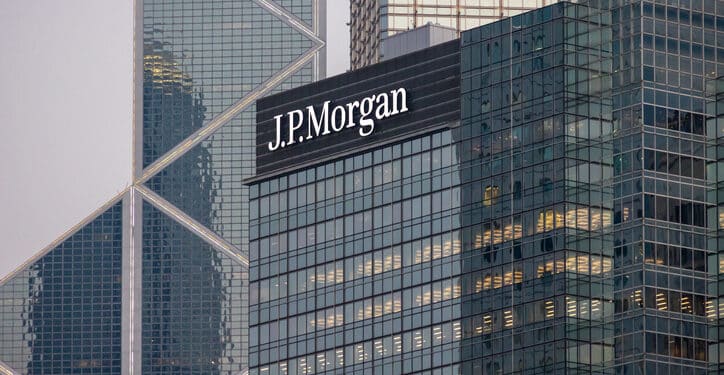On January 16, the U.S. Securities and Exchange Commission (SEC) announced an enforcement action against J.P. Morgan Securities LLC in which the company agreed to pay $18 million to settle charges that it impeded the ability of advisory clients and brokerage customers to blow the whistle to the SEC.
Rule 21F-17(a) of the SEC Whistleblower Program bans employers from impeding an individual from blowing the whistle to the SEC on potential securities violations. In recent months, the SEC has stepped up its enforcement of the rule.
According to the SEC, “from March 2020 through July 2023, JPMS regularly asked retail clients to sign confidential release agreements if they had been issued a credit or settlement from the firm of more than $1,000. The agreements required the clients to keep confidential the settlement, all underlying facts relating to the settlement, and all information relating to the account at issue. In addition, even though the agreements permitted clients to respond to SEC inquiries, they did not permit clients to voluntarily contact the SEC.’
“Whether it’s in your employment contracts, settlement agreements or elsewhere, you simply cannot include provisions that prevent individuals from contacting the SEC with evidence of wrongdoing,” said Gurbir S. Grewal, Director of the SEC’s Division of Enforcement. “But that’s exactly what we allege J.P. Morgan did here. For several years, it forced certain clients into the untenable position of choosing between receiving settlements or credits from the firm and reporting potential securities law violations to the SEC. This either-or proposition not only undermined critical investor protections and placed investors at risk, but was also illegal.”
“Investors, whether retail or otherwise, must be free to report complaints to the SEC without any interference,” said Corey Schuster, Co-Chief of the Enforcement Division’s Asset Management Unit. “Those drafting or using confidentiality agreements need to ensure that they do not include provisions that impede potential whistleblowers.”
The $18 million penalty levied against JP Morgan is the largest for a Rule 21F-17(a) violation. In September, the SEC filed a Rule 21F-17(a) action against Monolith Resources LLC, the first such action taken against a privately held company.
Through the SEC Whistleblower Program, an individual could receive a whistleblower award for reporting violations of Rule 21F-17(a). Qualified SEC whistleblowers, individuals who voluntarily report original information that leads to a successful enforcement action, are entitled to monetary awards of 10-30% of the funds collected by the government.
The bipartisan SEC Whistleblower Reform Act, introduced in March, would among other reforms codify Rule 21F-17(a) into law.
According to Allison Herren Lee, former SEC Commissioner and currently Of Counsel at Kohn, Kohn, and Colapinto, the SEC Whistleblower Reform Act of 2023 “will help ensure that the SEC Whistleblower Program remains an indispensable tool in the Commission’s efforts to police wrongdoing and protect investors.”
National Whistleblower Center (NWC) is calling for the immediate passage of the SEC Whistleblower Reform Act. It has set up Action Alert calling on whistleblower supports to join them in urging Congress to pass the bill and protect internal corporate whistleblowers.
Join NWC in Taking Action:
Protect Internal Corporate Whistleblowers
Further Reading:
J.P. Morgan to Pay $18 Million for Violating Whistleblower Protection Rule




